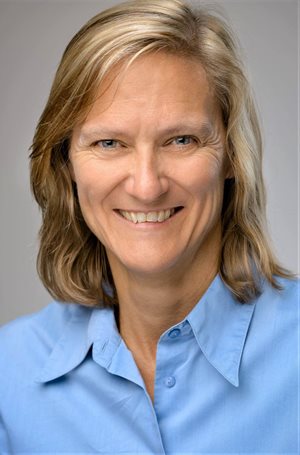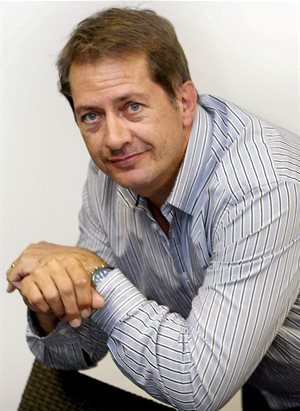This year's National Water Week campaign, which coincides with World Water Day held on 22 March, is urging South Africans to use water sparingly to ensure 'Water for All'.

Source: Supplied
The country is seeing rising concern about its water security, with finance minister Enoch Godongwana announcing during his Budget Speech that R121bn would be spent over the medium term on water infrastructure.
According to the UN, governments need to work on average four times faster to meet Sustainable Development Goal (SDG) 6 on time - ensuring safely managed water and sanitation for everyone by 2030, "but this is not a situation that any single actor or group can solve”.

Fiona Sutton, principal consultant at SRK Consulting
Water stewardship
“An effective response to this is the water stewardship approach,” said Fiona Sutton, principal consultant at SRK Consulting.
Water stewardship provides a process for companies in mining and other sectors to work in cooperation with partners and stakeholders to manage their shared water resources. There are also useful best practice tools available, such as the International Water Stewardship Standard from the Alliance for Water Stewardship (AWS).
The AWS Standard offers a globally applicable framework for major water users to understand their catchment and their own water use and impacts, with practical guidance on how to effectively manage these impacts.
“The world’s water quality is increasingly degraded, increasing treatment costs and impacting the health of the ecosystem,” she said. “The value of the water stewardship concept is that it encourages a broad view of water management that extends beyond each stakeholder’s operational boundaries – and demands more active collaboration.”
Sutton highlighted that water management had become a key risk for industries like mining, with consulting firm EY rating water as the leading environmental, social and governance (ESG) risk in mining for 2023.

Gert Nel, principal hydrogeologist and partner at SRK Consulting
Rural water supply
Another aspect of water management which is going to require more attention is the level of support and training in rural water supply, according to Gert Nel, principal hydrogeologist and partner at SRK Consulting.
“These rural supply points cannot be reached through bulk water supply systems and require more support to keep their stand-alone water systems running,” said Nel. “For example, a school will be supplied with a borehole and water treatment system, but there is seldom any backup support or funding to ensure that these initiatives are sustainable.”
He noted that water supply tenders for these kinds of projects will need to include aspects such as training, awareness raising, mentoring and on-going support.
This is an urgent requirement to prevent rural supply points from breaking down – and putting schoolchildren and community members at risk of contracting water-borne diseases.







































